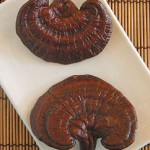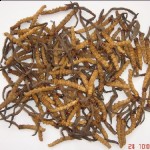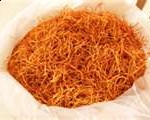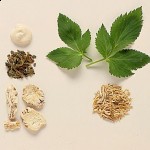 Mood swings. Depression. Irritability. Crying. Anger. Bloating. Breast tenderness. Fatigue. Insomnia. Painful menstrual cramps. Most likely you are one of the 90% of women that experiences Premenstrual Syndrome (PMS). And of that, 30-40% of you will have to rearrange your daily lives in order to maintain the proper self-care needed to manage these symptoms. Approximately every 28 days the body repeats this beautiful, life-affirming, and natural cycle.
Mood swings. Depression. Irritability. Crying. Anger. Bloating. Breast tenderness. Fatigue. Insomnia. Painful menstrual cramps. Most likely you are one of the 90% of women that experiences Premenstrual Syndrome (PMS). And of that, 30-40% of you will have to rearrange your daily lives in order to maintain the proper self-care needed to manage these symptoms. Approximately every 28 days the body repeats this beautiful, life-affirming, and natural cycle.
However, if you are one of the millions of women who experience PMS, you may find yourself wondering what is ‘natural’ about your experience. For most, these symptoms color every moment of those 5 – 7 days, including the week prior to the beginning of menstruation. This means that for 14 days out of every given month, you are feeling less than yourself. For thousands of years, practitioners of Chinese Herbal Medicine have been treating symptoms of PMS naturally. So in this modern world, where many of the solutions for relief involve harsh chemicals with potentially unpleasant side effects, returning to roots/plants is natural. Dang gui is prescribed in Asia for almost every gynecological complaint, from regulating the menstrual cycle to treating menopausal symptoms caused by hormonal changes.
Dong quai produces a balancing effect on estrogen activity. In Chinese herbal medicine it's a welcome change in restoring the unique rhythms and cycles of a woman’s body. This herb has earned a reputation among practitioners as the ‘ultimate’ herb for women. In China it is widely used, in combination with other herbs, as a daily tonic for women. It is prescribed for almost every gynecological complaint, from regulating the menstrual cycle to treating menopausal symptoms caused by hormonal changes. Dong quai seems to have an adaptogenic effect on estrogen activity. This means it adapts to what your body needs at the moment.
Found in moist meadows, alongside of riverbanks, and in mountain ravines, the root of Dang Gui (pronounced ‘dahng gway’) resembles carved ivory, while the leaves resemble those of carrots, celery, or parsley. From May to August, honey-scented, greenish-white flowers bloom in flat-topped clusters. True to the serene environment in which it grows, it helps to relax the smooth muscle of the uterus and provides a mild sedative effect. It is able to do this because it contains chemicals that mimic the effects of estrogen on the body, restraining and supplementing the production of estrogen as needed.
As Chinese Herbal Medicine gains further acceptance in the United States, the doors of research are opening as well. A study by the international nonprofit organization, the Cochrane Collaboration, found that Chinese Herbal Medicine for primary dysmenorrhea roughly doubled pain relief and improvement in overall symptoms when compared with conventional Western pharmaceuticals. In Traditional Chinese Medicine, Dang Gui is known to treat many types of gynecological problems, fatigue, anemia, and high blood pressure. It is the only non-animal source of Vitamin B12, has anti-inflammatory, analgesic, antispasmodic, and sedative properties, and is also used as an aphrodisiac. It is high in iron content and helps to prevent iron deficiency and anemia. It is truly the ultimate all purpose tonic herb for women.

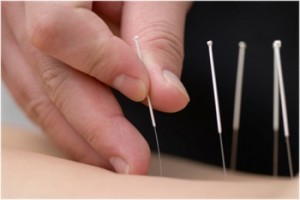
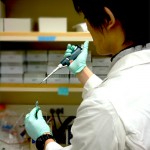





 Botany of Desire
Botany of Desire